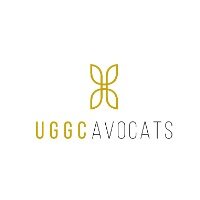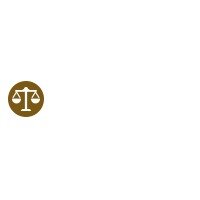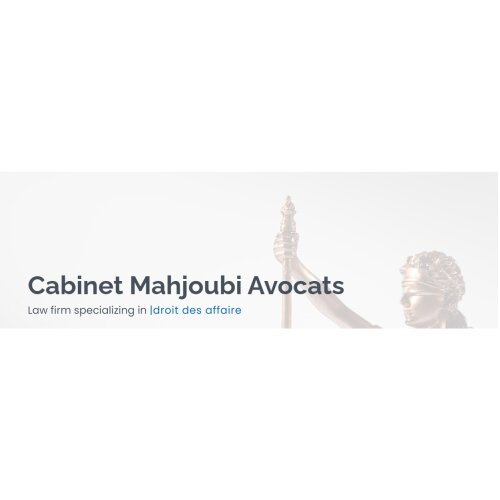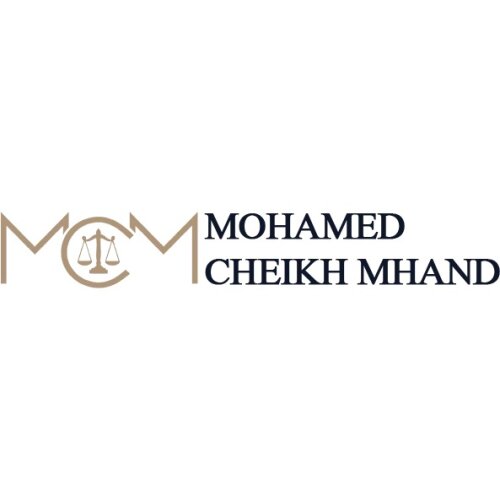Best Antitrust Litigation Lawyers in Morocco
Share your needs with us, get contacted by law firms.
Free. Takes 2 min.
Or refine your search by selecting a city:
List of the best lawyers in Morocco
About Antitrust Litigation Law in Morocco
Antitrust litigation in Morocco focuses on protecting competition within the country’s markets. The primary goal is to prevent unlawful business practices such as price fixing, market sharing, bid rigging, and abuse of dominant position. Morocco’s approach to antitrust law is shaped by both domestic statutes and international best practices, ensuring fair competition for consumers and businesses. The main regulatory authority overseeing antitrust matters is the Competition Council, which investigates violations and ensures adherence to competition standards.
Why You May Need a Lawyer
Antitrust litigation can be complex and often involves high financial and reputational stakes. You may need a lawyer in situations such as:
- Accusations of participating in cartels or collusive agreements
- Facing investigations or enforcement actions by the Moroccan Competition Council
- Challenging unfair practices by competitors or dominant market players
- Responding to merger control investigations or notifications
- Seeking damages for anticompetitive practices
- Defending your company against litigation or sanctions relating to competition law
- Advising on compliance programs to avoid unintentional breaches of antitrust law
Lawyers experienced in this field can guide individuals and businesses through investigations, represent them during hearings, and help resolve disputes, minimizing potential financial and reputational damage.
Local Laws Overview
Moroccan antitrust law is primarily governed by Law No. 104-12 on Freedom of Prices and Competition. The law prohibits agreements and practices that restrict competition, including price fixing, limiting production, dividing markets, and abusing a dominant position. The Moroccan Competition Council is mandated to enforce these rules. Important aspects to consider include:
- Cartels: Agreements between competitors to fix prices, share markets, or rig bids are strictly prohibited.
- Abuse of Dominant Position: Dominant firms must not exploit their position to eliminate competition or harm consumers.
- Merger Control: Certain mergers and acquisitions require prior notification and approval from the Competition Council to ensure they do not restrict competition.
- Sanctions: Breaches can result in significant fines and orders to alter harmful conduct.
- Right to Appeal: Parties can appeal decisions made by the Competition Council in administrative courts.
Morocco’s antitrust laws are designed to align with international standards, providing legal remedies to both individuals and businesses affected by unlawful anticompetitive behavior.
Frequently Asked Questions
What is considered an antitrust violation in Morocco?
Any agreement or practice that restricts free competition, such as price fixing, market sharing, or abuse of a dominant position, can be considered a violation under Moroccan law.
Who enforces antitrust laws in Morocco?
The Moroccan Competition Council is the national authority responsible for investigating, enforcing, and sanctioning antitrust violations.
Can individuals or businesses file complaints about anticompetitive practices?
Yes, any individual or business can submit complaints to the Competition Council if they suspect a violation of competition laws.
What are the penalties for violating antitrust laws?
Penalties can include significant fines, orders to cease certain practices, and sometimes the obligation to alter or unwind mergers or agreements.
Do all mergers require approval from the Competition Council?
Not all mergers require approval. Only those exceeding certain turnover thresholds or which may impact competition must be notified to the Council.
What is the process for an antitrust investigation in Morocco?
The Competition Council may initiate investigations based on complaints or on its own initiative. Investigations involve gathering evidence, hearings, and issuing decisions that can be appealed in court.
How long does antitrust litigation take in Morocco?
The timeline can vary depending on complexity but typically ranges from several months to over a year, especially if court appeals are involved.
Can I recover damages for being harmed by antitrust violations?
Yes, parties harmed by anticompetitive practices may seek compensation through civil litigation in Moroccan courts.
Are there exemptions to antitrust laws in Morocco?
Certain practices may be exempted if they contribute to technical progress, economic development, or consumer benefits, but these exemptions are narrowly interpreted and require approval.
Do foreign companies operating in Morocco have to comply with local antitrust laws?
Yes, any business activity affecting the Moroccan market is subject to local antitrust laws, regardless of the nationality of the company.
Additional Resources
To learn more or seek assistance, the following resources may be valuable:
- Moroccan Competition Council: The main authority for regulation, enforcement, and guidance on competition law.
- Ministry of Economy and Finance: Offers information regarding economic regulations and market oversight.
- Chamber of Commerce: Can provide resources for businesses on compliance and legal requirements.
- Legal associations and local law firms: Many firms and associations specialize in competition law and offer informational sessions or consultations.
Next Steps
If you believe you are involved in or affected by antitrust issues in Morocco, consider the following steps:
- Consult a lawyer specializing in competition and antitrust law as early as possible.
- Gather all relevant documentation and evidence relating to the conduct or agreement in question.
- Contact the Competition Council if you wish to file a complaint or seek guidance.
- Ensure that your company has compliance programs in place to prevent future violations.
- Stay informed about relevant legal developments and attend informational sessions to learn more about your rights and obligations.
Proper legal representation and proactive steps can help protect your interests and ensure fair competition in Morocco’s market.
Lawzana helps you find the best lawyers and law firms in Morocco through a curated and pre-screened list of qualified legal professionals. Our platform offers rankings and detailed profiles of attorneys and law firms, allowing you to compare based on practice areas, including Antitrust Litigation, experience, and client feedback.
Each profile includes a description of the firm's areas of practice, client reviews, team members and partners, year of establishment, spoken languages, office locations, contact information, social media presence, and any published articles or resources. Most firms on our platform speak English and are experienced in both local and international legal matters.
Get a quote from top-rated law firms in Morocco — quickly, securely, and without unnecessary hassle.
Disclaimer:
The information provided on this page is for general informational purposes only and does not constitute legal advice. While we strive to ensure the accuracy and relevance of the content, legal information may change over time, and interpretations of the law can vary. You should always consult with a qualified legal professional for advice specific to your situation.
We disclaim all liability for actions taken or not taken based on the content of this page. If you believe any information is incorrect or outdated, please contact us, and we will review and update it where appropriate.
Browse antitrust litigation law firms by city in Morocco
Refine your search by selecting a city.

















